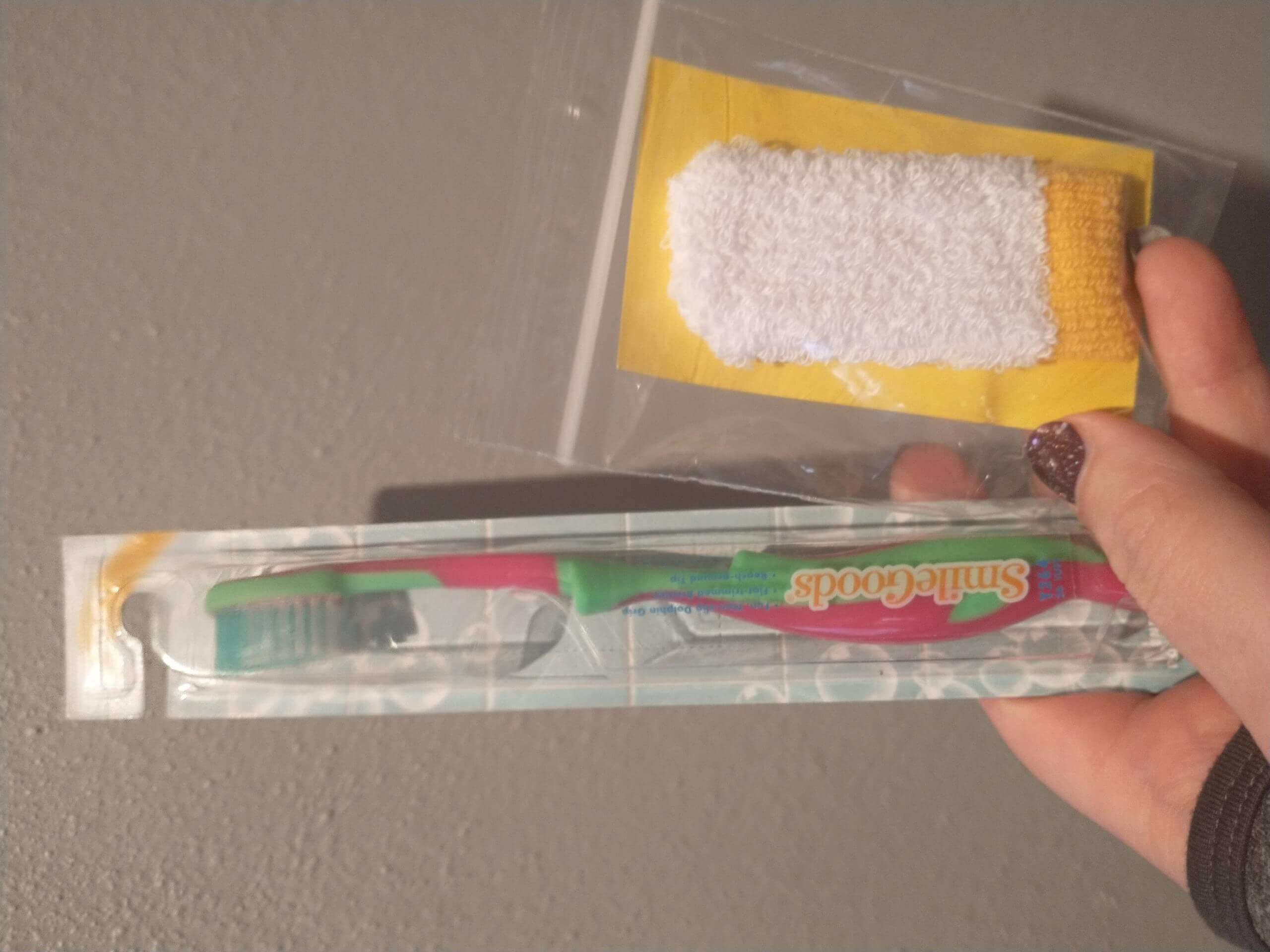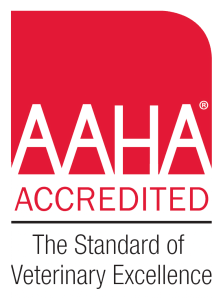It’s National Pet Dental Health Month, so we want to be sure you’re equipped with the best way to keep your canine teeth pearly white and, most importantly, pain-free.
How can I make brushing my dog’s teeth less of a chore?
First and foremost, train your dog to get used to their mouth being touched by massaging their gums with a tasty, veterinary-approved toothpaste daily. Brook-Falls carries VOHC (Veterinary Oral Health Council) accepted toothpaste called Petsmile. Once your dog is used to this and understands that it is yummy and fun, introduce the toothbrush. There are many toothbrushes available—try several out to see which one works the best for you and your dog.
Do certain kinds of pet toothpaste appeal to dogs more than others?
Yes. Brook-Falls carries Petsmile toothpaste in flavors London Broil, Rotisserie Chicken, and ”Say Cheese”. Just as with the toothbrushes you should try multiple flavors to see which one excites your dog the most!
How effective are treats in helping with dog dental care?
You should be using VOHC (Veterinary Oral Health Council - vohc.org) approved dental treats. These treats have been tested and proven safe and effective for your dog. Brook-Falls carries Tarter Shield Soft Rawhide Chews. These chews are proven to prevent tartar build-up by over 50%, as well as reduce bacteria, clean teeth, and freshen breath. They are made in the USA with premium American beef hide. They are the only extruded rawhide awarded the VOHC Seal of Acceptance for tartar control. They are also easy to chew and digest, gentle on teeth and gums.
How often should I brush my dog’s teeth?

You should brush your dog’s teeth at least once a day. If dental plaque stays on the surface of the teeth for more than 24-48 hours, it turns into tartar. Plaque can be removed by brushing, but once it becomes tartar, it can only be removed with professional scaling, which is why daily brushing is so crucial.
Are there certain foods that can contribute to good dog dental health?
There are prescription dental foods that can help remove plaque better. Please ask your veterinarian if your dog can benefit from this. VOHC also puts its registered seal on products that have met its requirements on effectiveness in retarding plaque and tartar.
Currently Brook-Falls carries Hill's Prescription T/D diet to help with your pet’s oral health. If 20% of your pet’s diet is made up of this prescription diet, it is proven to reduce plaque, stain, and tartar buildup.
Is there anything I can do to improve my dog’s breath?
Daily brushing to minimize the plaque and tartar formation will help improve your dog’s breath, as tartar harbors millions of bacteria and this is one of the common reasons for bad breath. Professional dental therapy by your veterinarian can improve your dog's breath, and most importantly, overall oral health.
What are some signs that my dog’s oral health may be suffering?
Bad breath, bleeding from the gums when you brush, and irritated gums are all signs that your dog needs better oral health. Canines rarely show decreased appetite from dental disease, so you can’t gauge the severity of your dog’s dental disease by changes in how much they eat. You should ask our veterinarians about your dog’s oral health during an annual visit.
As veterinarians, we appreciate that more attention is paid to our pets’ teeth during National Pet Dental Health Month. Ideally, though, we’d love our clients to realize that good oral health year-round is a significant component in overall health. If you think your dog is suffering from dental disease issues, do not wait until their upcoming annual exam. Please call Brook-Falls to schedule an appointment.


